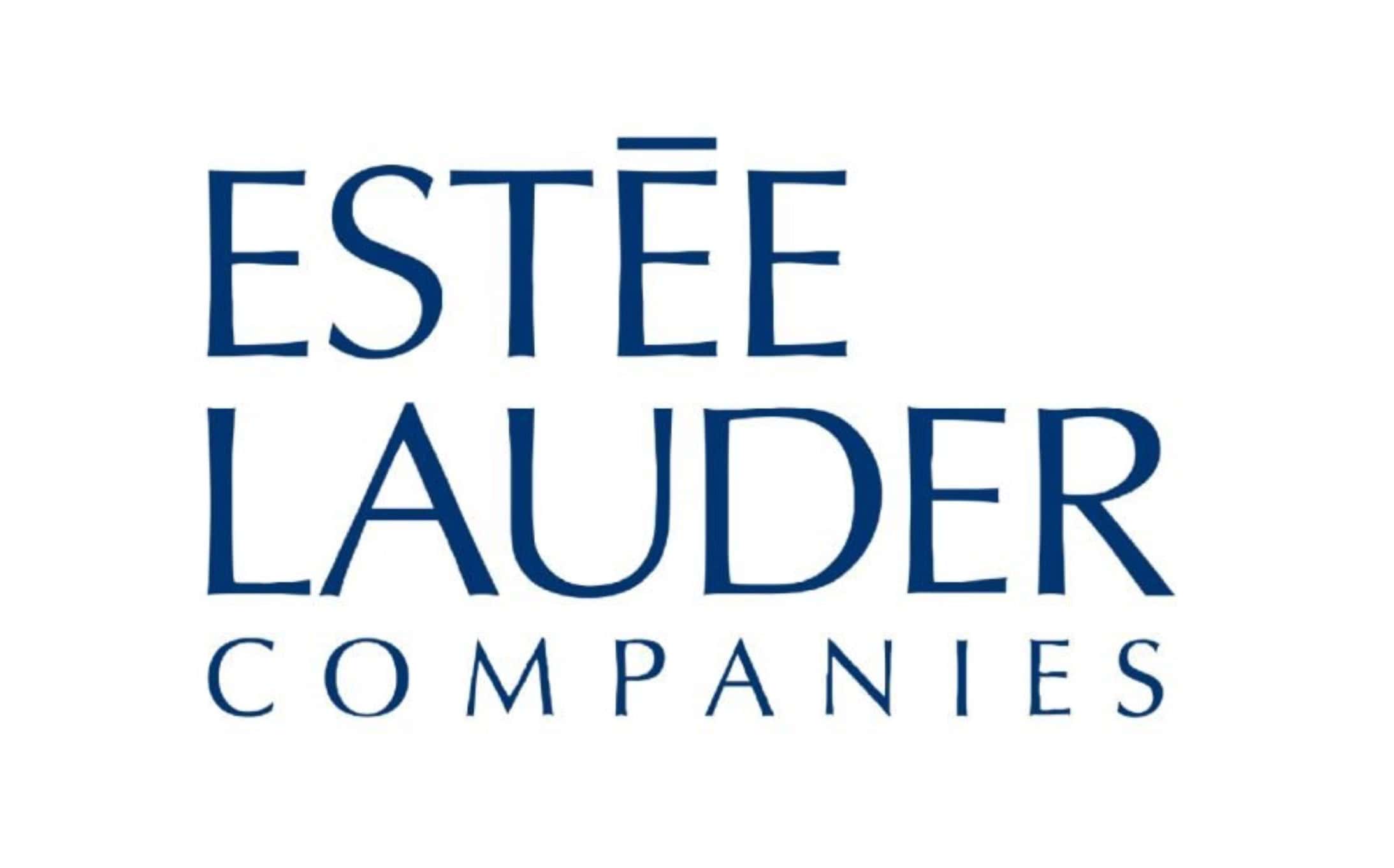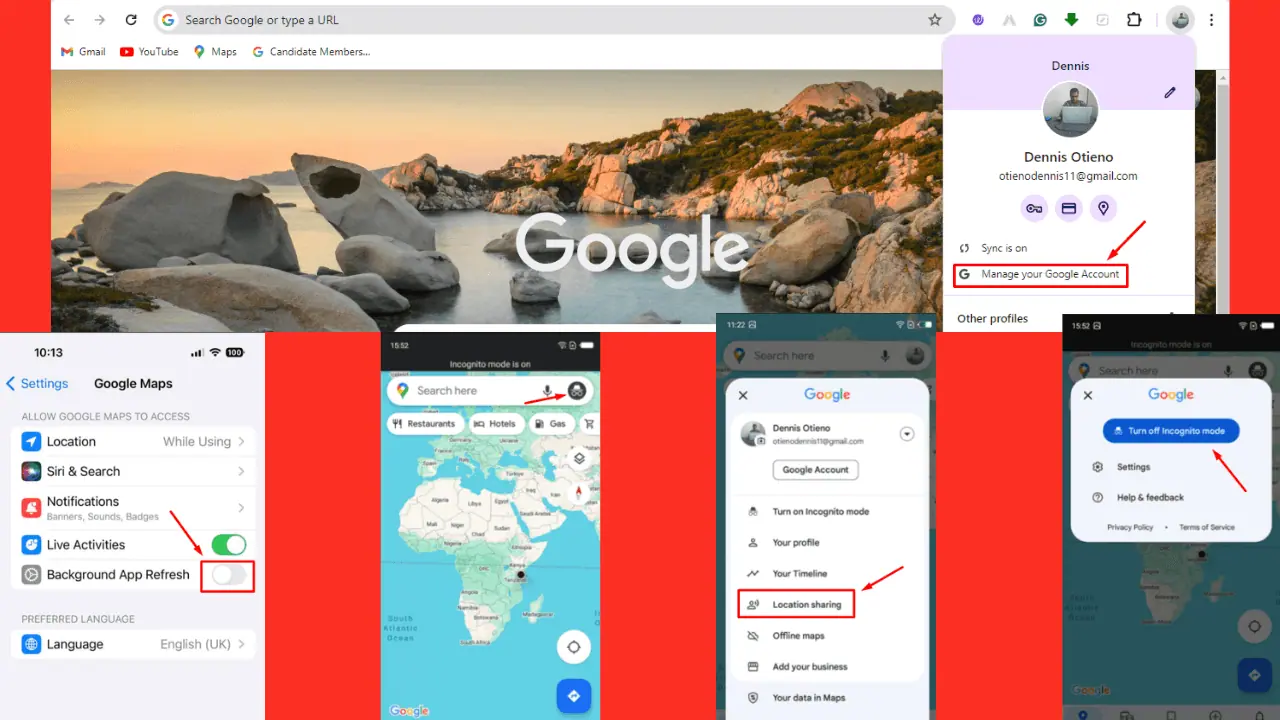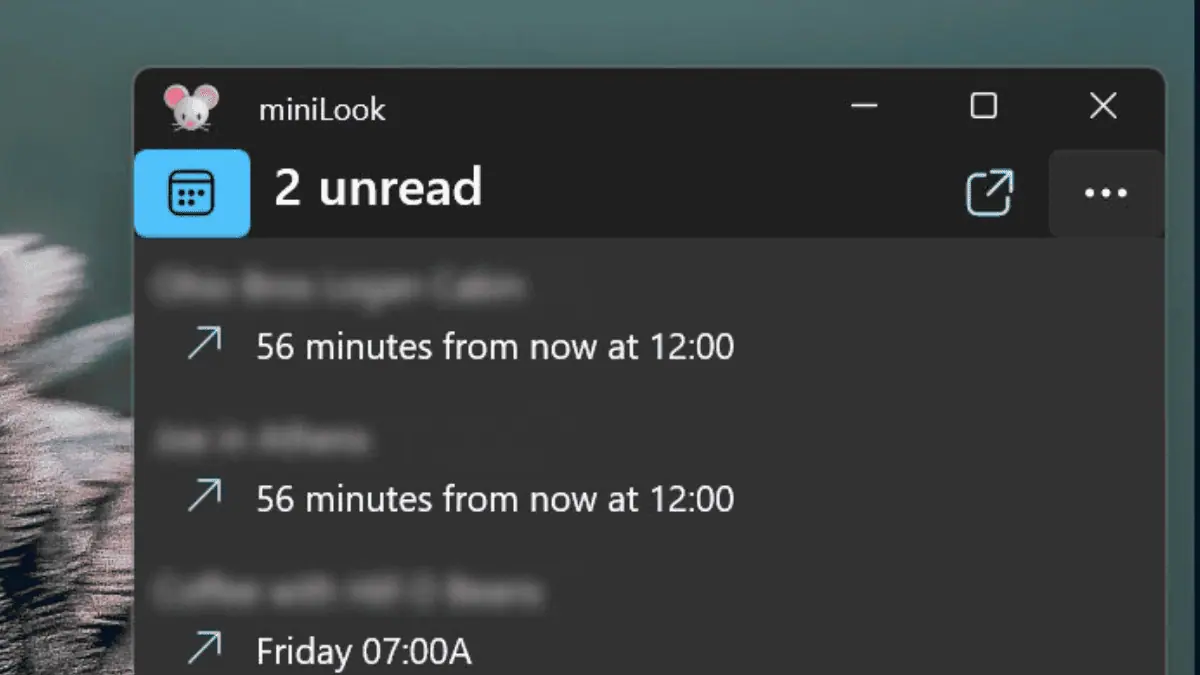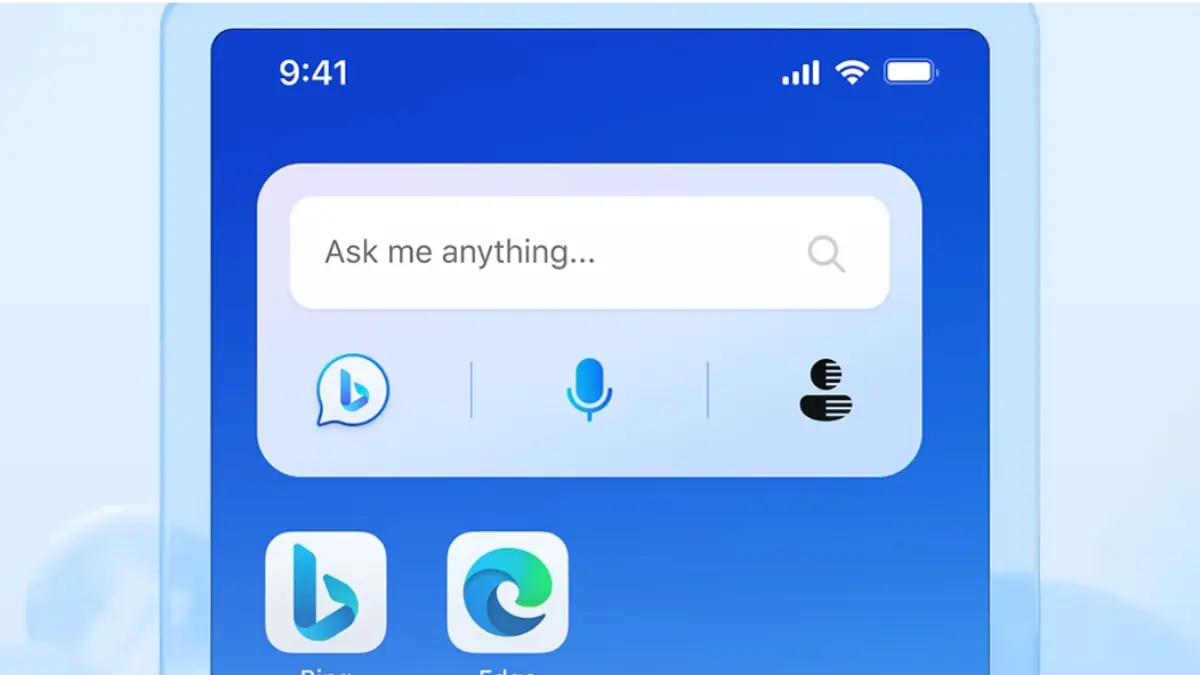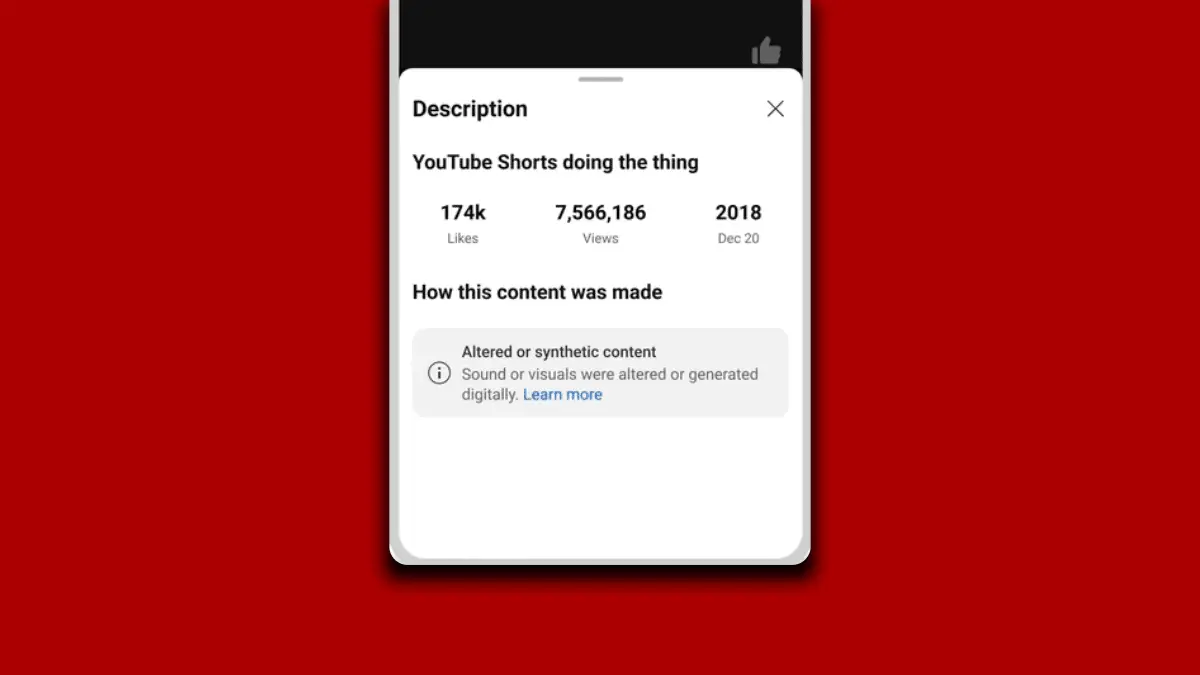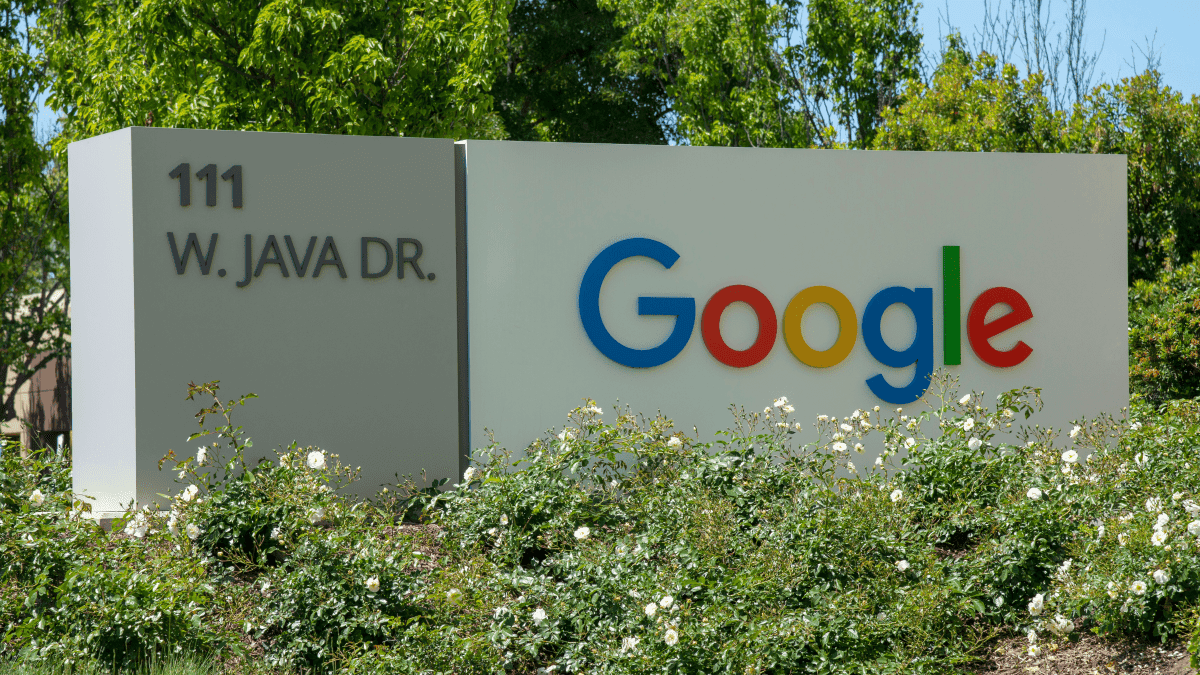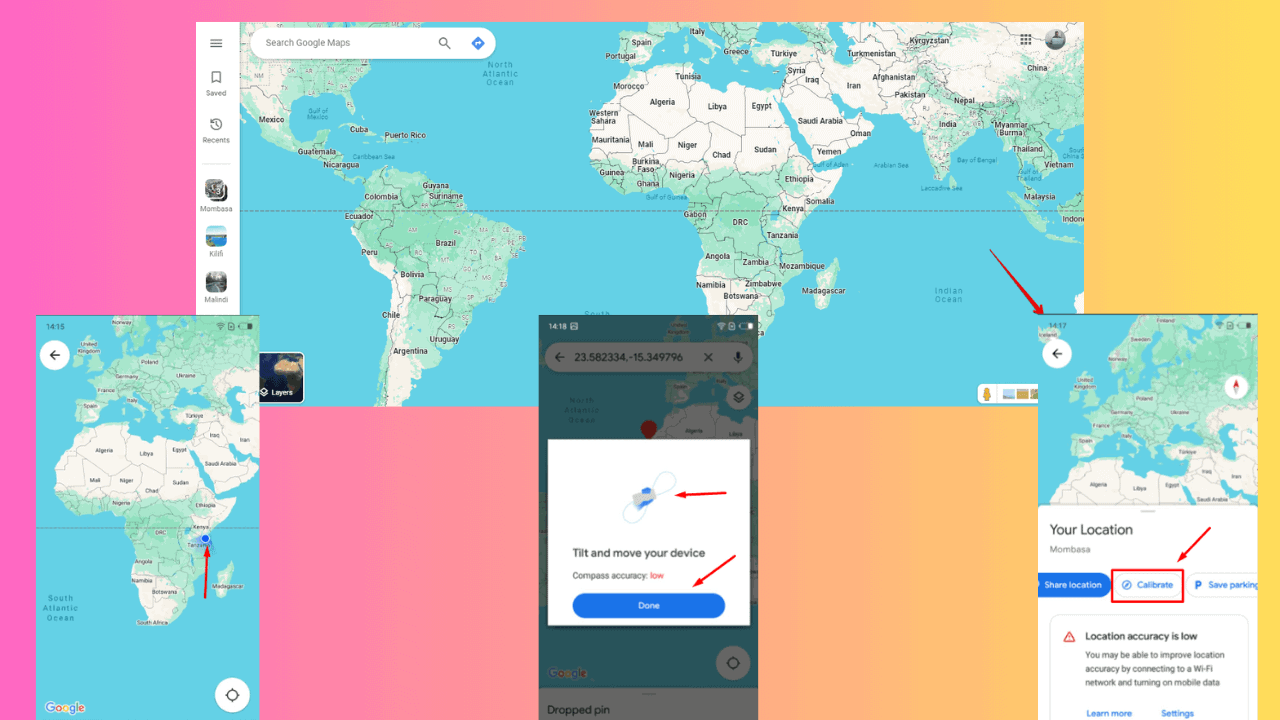AI Aids Historians Restore and Attribute Ancient Texts
3 min. read
Published on
Read our disclosure page to find out how can you help MSPoweruser sustain the editorial team Read more
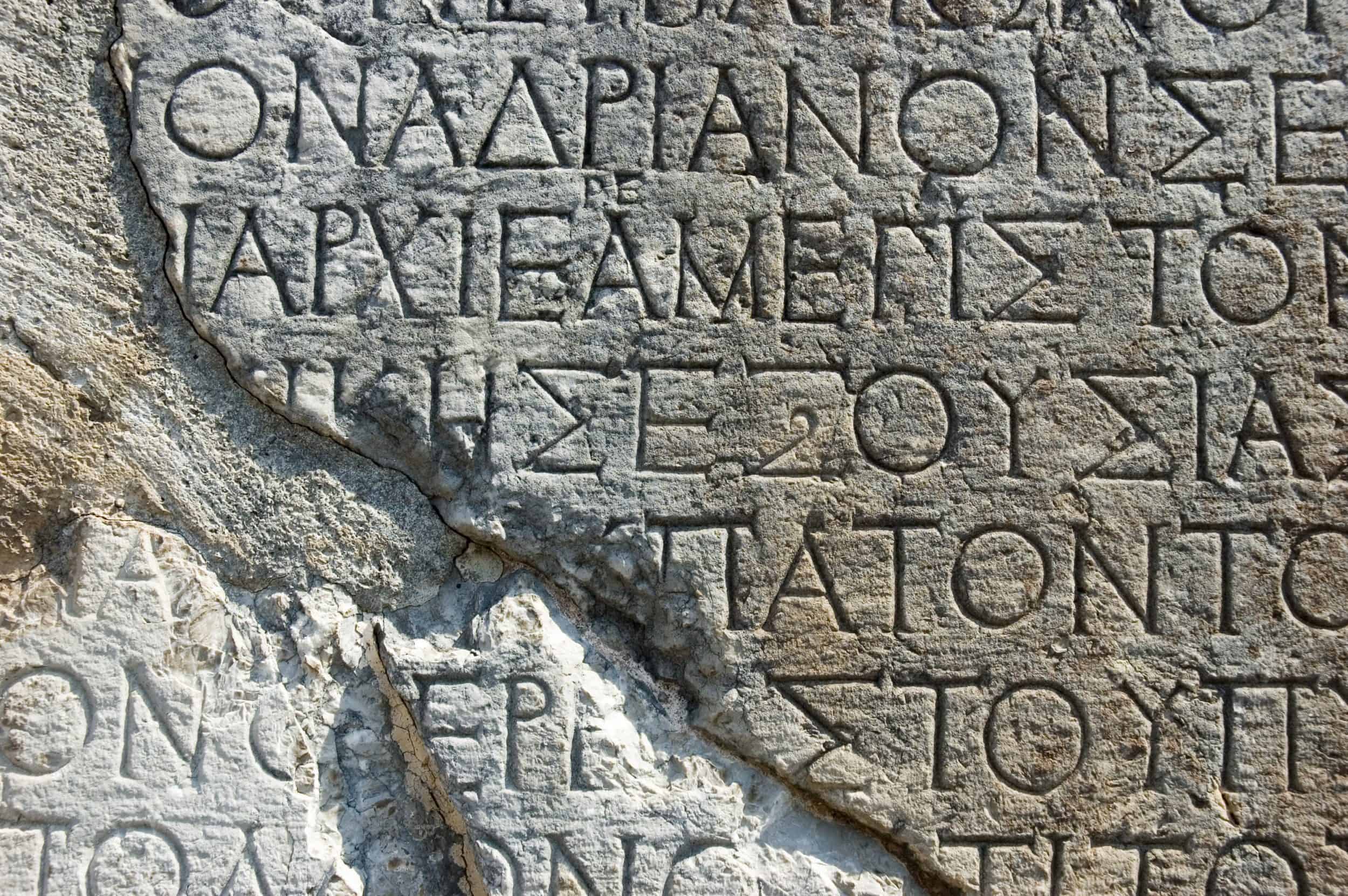
Aiding scholars to restore texts that were damaged over millennia turned out to be among AI’s newest applications, as exemplified by the powerful new tool Ithaca, which was built by DeepMind. This tool helps historians restore, place, and date ancient Greek texts.
Human writing is crucial to understand the past and the present world. For instance, the Greek writing on stone, pottery, and metal provides valuable insights on the Mediterranean region with its documentation of multiple facets of the past, from laws to calendars and more. These inscriptions, having braved thousands of years, had been damaged over time and even moved to other locations. The gaps in the texts may range from single characters or letters to larger chunks. This makes a historian’s job a lot more complicated.
Ithaca offers assistance in this challenge by helping predict missing chunks of the inscriptions, as well as their date and location. Ithaca, which was named after Greek Island in Homer’s Odyssey, was introduced in a paper published in Nature. This tool builds and extends Pythia, which was DeepMind’s earlier system for text restoration.
Evaluation of Ithaca shows that it could be 62% accurate in restoring damaged texts and 71% accurate in tracing original location. In terms of dating, it could date texts to 30 years of their ground-truth date ranges.
It does not, however, take over the job of deciphering, placing, and dating the texts. It is best when the historian works in cooperation with AI. DeepMind’s experimental evaluation shows that it is easier for the researchers to interpret results using Ithaca’s design decisions and visualization. Working alone, the expert historians achieved 25% accuracy in restoring ancient texts. Paired with Ithaca, the historians’ performance improved to 72%, which surpassed the individual performance of the model. This shows the powerful potential of AI and human cooperation in historical interpretations.
The largest dataset of Greek inscription in digital format from the Packard Humanities Institute had been used to train Ithaca. It was trained not only using words as inputs but also with individual characters. These two inputs are evaluated in parallel so that Ithaca would be able to evaluate the inscription as necessary.
The good news is that DeepMind collaborated with Google Cloud and Google Arts & Culture to offer Ithaca’s free interactive version for researchers, educators, and museum staff. Further, DeepMind also open-sourced their code to support further research.
This could be just the beginning of more collaboration between AI and humans to better understand the significant period in world history. While Ancient Greece is instrumental in getting better ideas about the Mediterranean world, the fact remains that it is still just one piece of the vast civilizations of the world. As such, DeepMind is working on Ithaca versions, which are trained in other ancient languages. The list includes Hebrew, Mayan, Akkadian, and Demotic.

